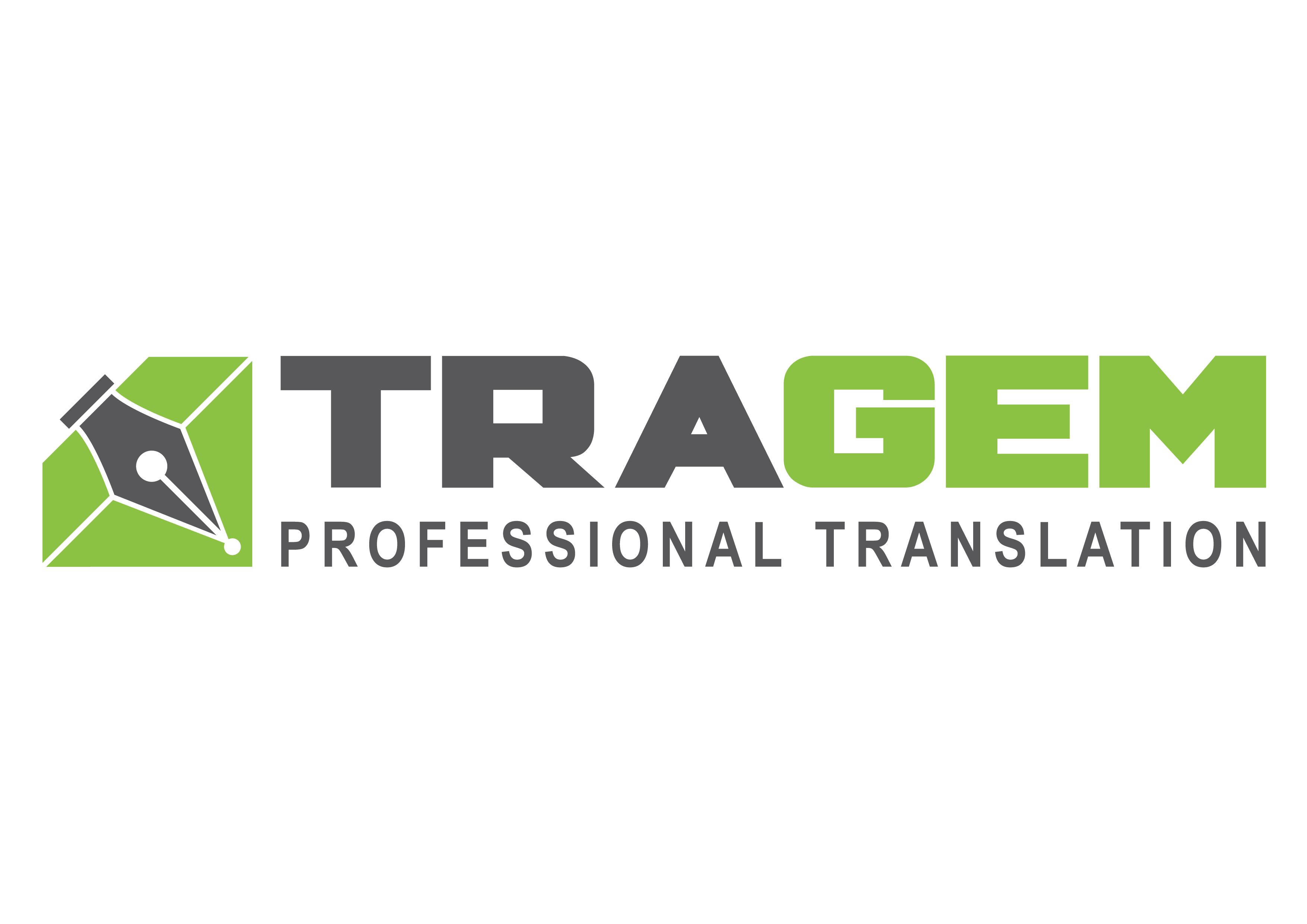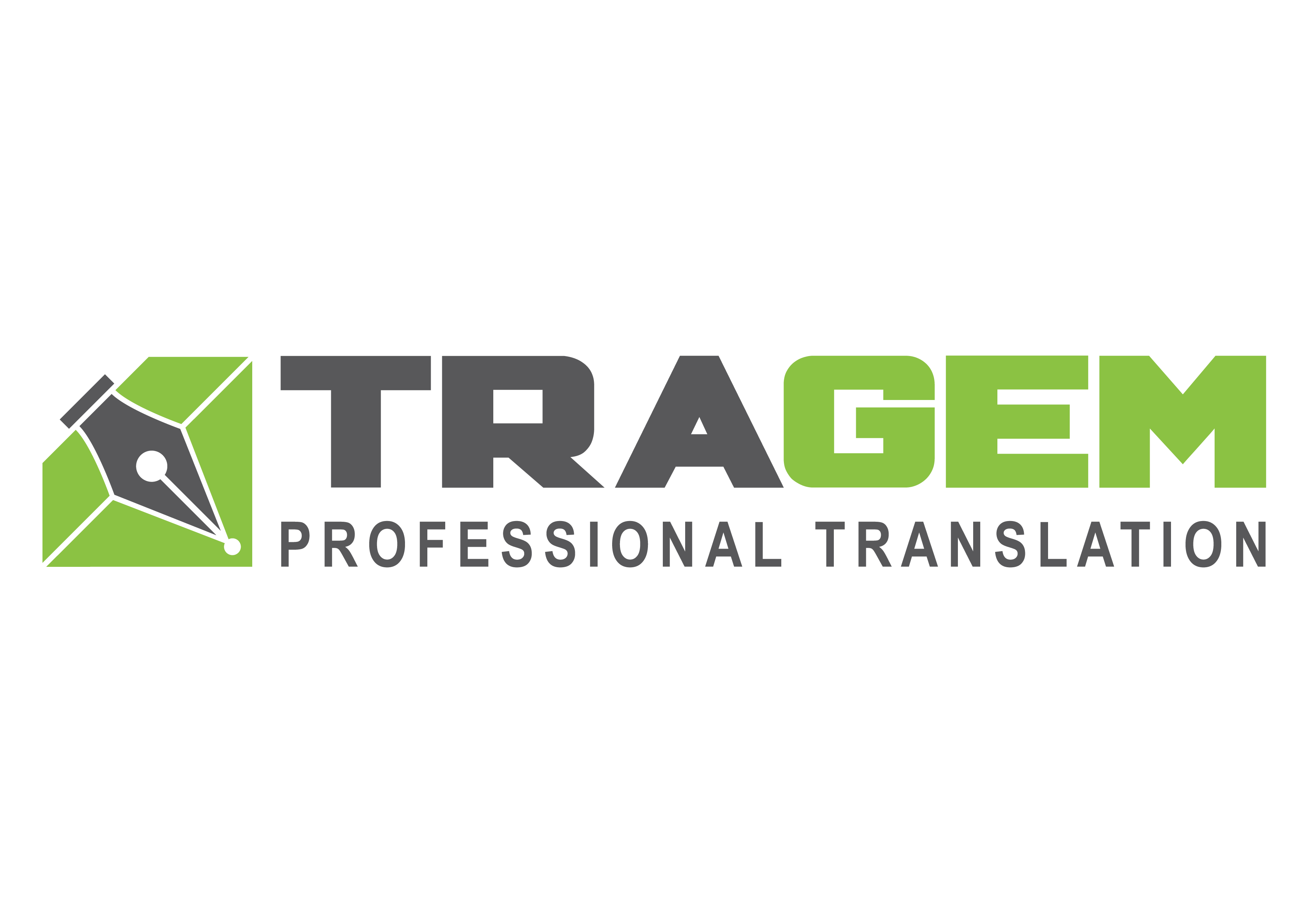Navigating the Legal Landscape
The Complexities of Legal Translation in the MEA Region
Legal translation in the Middle East and Africa (MEA) region presents a multifaceted challenge, shaped by the diverse legal systems, linguistic variations, and cultural nuances across different countries. From contracts and agreements to court documents and regulations, accurate and precise translation is crucial for ensuring legal clarity and compliance in cross-border transactions and legal proceedings.

One of the foremost challenges in legal translation within the MEA region arises from the plurality of legal systems. While some countries adhere to civil law systems based on codified statutes, others follow common law traditions rooted in judicial precedent. Additionally, Islamic law, or Sharia, holds significant influence in several countries, adding another layer of complexity to legal translation. Translators must possess a deep understanding of the legal frameworks and terminology specific to each jurisdiction to render accurate translations that uphold legal integrity.
Language presents another hurdle in legal translation across the MEA region. Arabic, as a predominant language, comes in various dialects, each with its own legal terminology and linguistic nuances. Translators must navigate these linguistic variations with precision, ensuring that legal documents are comprehensible and legally sound to speakers of different Arabic dialects. Furthermore, English and French are commonly used in legal contexts across the region, requiring translators to possess bilingual proficiency and legal expertise to bridge language gaps effectively.
Cultural nuances also play a significant role in legal translation within the MEA region. Cultural sensitivities, religious beliefs, and societal norms influence legal language and concepts, requiring translators to approach legal texts with cultural awareness and sensitivity. For instance, translating concepts related to family law, inheritance, or business contracts may require contextual adaptation to align with local customs and practices.
Moreover, legal translation demands meticulous attention to detail and adherence to confidentiality and ethical standards. Translators must ensure the accuracy and integrity of translated texts, maintaining confidentiality and preserving the legal intent of the original document. Quality assurance measures, such as proofreading by legal experts and adherence to professional standards, are essential to mitigate the risk of errors and discrepancies in legal translations.
In conclusion, legal translation in the MEA region is a complex endeavor that requires expertise in law, language, and culture. By understanding the intricacies of legal systems, linguistic variations, and cultural nuances, translators can navigate the legal landscape effectively, ensuring accurate and legally compliant translations that facilitate cross-border communication and legal proceedings in the diverse MEA region.



